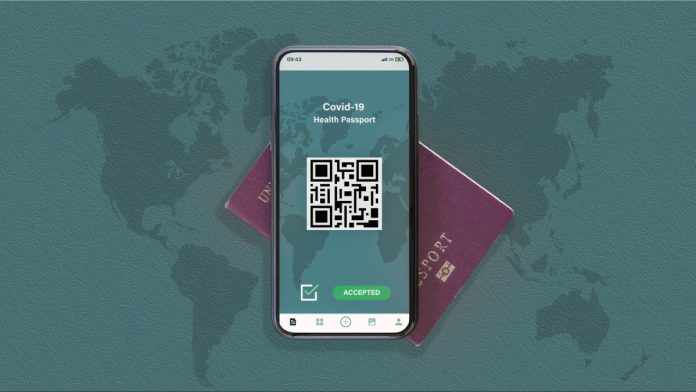The absence of a global digital vaccine standard is making it much harder for airlines, border authorities and governments to verify a traveller’s digital vaccination certificate. Solutions are being developed that can recognise certificates from individual countries, but this is a slow process that is hampering the restart of international travel.
As more countries roll out their vaccination programmes, many are urgently looking to implement technical solutions to provide vaccine certification for their citizens when they travel. COVID-19 vaccination certificates are now a widespread requirement for international travel.
In the absence of a global standard, the International Air Transport Association (IATA) is urging the World Health Organisation (WHO), to look closely at the EU Digital COVID Certificate (DCC) as a proven solution that meets WHO guidance and can help to reconnect the world.
IATA has recently announced that the DCC, and the UK NHS COVID Pass can both now be uploaded into IATA Travel Pass. This means that travellers holding either of these passes can now access accurate COVID-19 travel information for their journey, create an electronic version of their passport, and import their vaccination certificate in one place. This can be shared with airlines and border control authorities who can have the assurance that the certificate presented to them is genuine and belongs to the person presenting it.
In a separate initiative, The Good Health Pass Collaborative has released their Good Health Pass Interoperability Blueprint, which proposes a new set of interoperability specifications which, as they are adopted, will allow airlines and governments to verify travellers’ COVID-19 status (proof of vaccination, testing, and recovery), while simultaneously ensuring that core principles, such as privacy, security, user-control, and equity, are protected.
The blueprint was developed through an open and inclusive process involving 125 expert volunteers from the health, travel, and technology sectors coming together through nine drafting groups, managed through a partnership with the Trust Over IP Foundation, a project of the Linux Foundation.
It proposes a format for digital health passes, which not only applies full data minimisation but also signs each data field separately. This allows a verifier to request only the fields they absolutely need without compromising trust in the authenticity of the data.








 ©2024 All rights reserved LaingBuisson
©2024 All rights reserved LaingBuisson 


